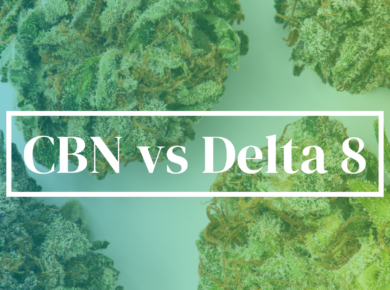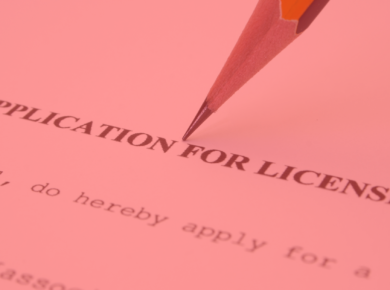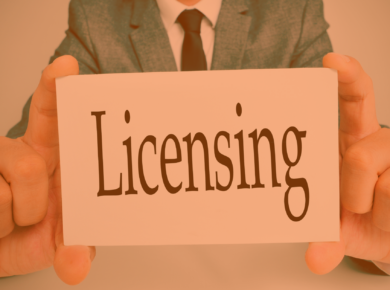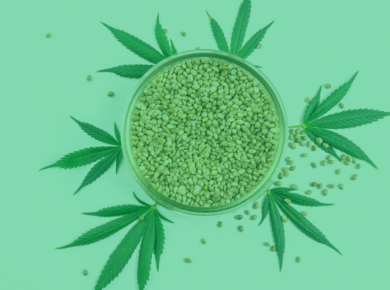THC (Delta 9-THC) and CBT (Cannabicitran) are both compounds derived from the cannabis plant. However, their unique chemical compositions and effects set them apart.
THC, commonly known simply as Delta 9-Tetrahydrocannabinol, stands as the iconic cannabinoid responsible for the euphoric ‘high’ sensation linked with cannabis.
On the contrary, CBT, shorthand for Cannabicitran, remains less explored and lacks the psychoactive attributes present in THC. Predominantly found in scant amounts within many cannabis strains, the potential advantages of CBT are under ongoing research. Still, one thing is certain: it doesn’t produce the signature ‘high’ that THC does.
Zooming in on their characteristics, THC is psychoactive and prevalent in many cannabis strains. In contrast, CBT is non-psychoactive and not as widespread.
Many States allow hemp derived cannabinoids under the 2018 Farm Bill as long as they contain less than .3% D9 THC. Some States have explicitly banned cannabinoids like Delta 8, so check your local rules and regulations before purchasing.
Here’s the rules for Kush.com and more details
Frequently Asked Questions (FAQs)
- How Does THC Relate to Hemp? THC, or Delta-9-Tetrahydrocannabinol, is inherent to cannabis plants, including hemp. Recognized for its psychoactive traits, it can usher in a “high” sensation. Nonetheless, hemp is cultivated to have minimal THC content (below 0.3% by dry weight), ensuring it doesn’t incite the same effects as other cannabis varieties.
- How Does CBT Relate to Hemp? CBT, standing for Cannabicitran, is a more obscure compound present in cannabis, inclusive of hemp. As a non-psychoactive cannabinoid, it doesn’t induce a “high.” Researchers are still unveiling its properties, but it’s believed to engage differently with the body’s endocannabinoid system compared to THC.
- What Sets the Effects of THC and CBT Apart? THC’s primary distinction is its psychoactive nature, which can alter one’s cognitive state. Conversely, CBT remains non-psychoactive. Although the precise effects of CBT are under study, it’s hypothesized to interact distinctively with the body’s endocannabinoid system.
- Are Both THC and CBT Present in Hemp? Indeed, both THC and CBT are constituents of hemp. Yet, THC levels in hemp are significantly low (below 0.3% by dry weight), ensuring it doesn’t evoke the psychoactive reactions seen in other cannabis strains. The concentration of CBT in hemp is variable, with more insights needed for full comprehension.
- What are the Legal Aspects of THC and CBT in Hemp Products? In many states hemp products with under 0.3% THC by dry weight are deemed legal, but some states have passed laws restricting the cannabinoid further. CBT, being non-psychoactive, typically isn’t bound by the same legal constraints. However, it’s pivotal to familiarize oneself with local laws.
Shop
Similar Product Searches You Might Be Interested In:




